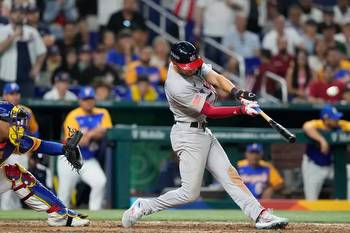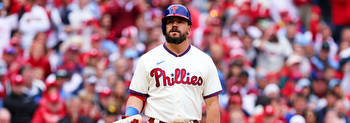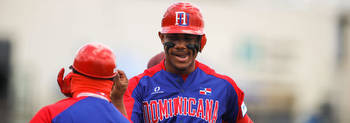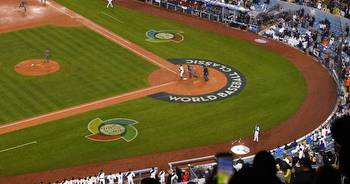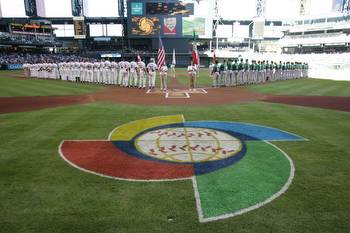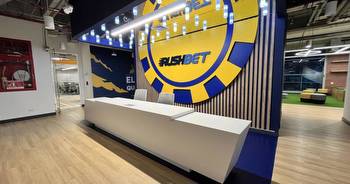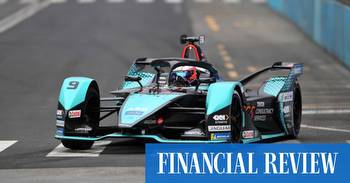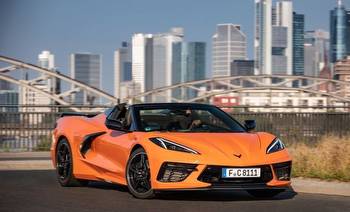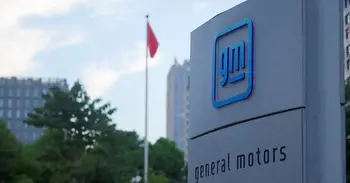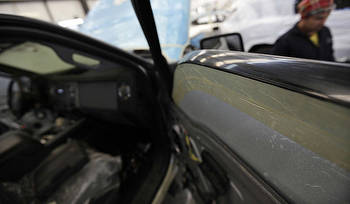Bulletproof boom: Rich invest in personal security
Ever since a gunman tried to rob his father, Venezuelan businessman Dumas Rojas has insisted on driving cars armoured with windows strong enough to withstand the bullets of a .44 Magnum.
Rojas also decided to have the same level three armour installed on the Jeep his wife drives with their two small children.
"As far as I'm concerned, personal security right now is priceless," said Rojas, 33. While it's sad that such measures are necessary, he said, "in any area, you're exposed to being attacked, robbed, kidnapped."
In Latin American countries from Brazil to Mexico, the affluent are increasingly shielding their cars as a precaution against violence that has thrived due to weak police forces, easy access to guns and young, unemployed men on the lookout for lucrative targets.
Whether in Sao Paulo or northern Mexico, the wealthy and upper-middle class have grown used to feeling vulnerable. In some places, kidnappings have risen. In others, gunmen have stormed entire apartment buildings in mass robberies.
Venezuelans are coping with increasing numbers of abductions, robberies and killings, and the vast majority of crimes go unsolved and unpunished.
Polls consistently show that crime is the top worry for Venezuelans, and a recent UN study found that the country has one of the highest murder rates in the world. Fears have been exacerbated by high-profile assaults such as the recent abduction of Washington Nationals catcher Wilson Ramos, who was freed by police two days after being seized at gunpoint.
Trying to improve their odds, Venezuela's wealthy have poured money into security. The number of bodyguards has grown an estimated 70 per cent in the past five years, and it's common to see the children of wealthy businesspeople shuttled to school by armed chauffeurs.
The nation of 29 million people has become one of the fastest-growing markets for armouring cars, a procedure that often costs more than US$20,000 (NZ$25,000). Shop owners say many clients have survived kidnappings or robberies, or have relatives or close friends who have.
Inside Francisco Belisario's shop, power tools hum as Jeeps and Chevrolets are refitted with Kevlar, steel and bullet-resistant windows.
"Orders for armouring vehicles have been growing 100 per cent annually," said Belisario, who estimates that the number of shops dedicated to the business in Venezuela has increased in the past five years from less than 10 to more than 40.
Nearly three years ago, Belisario opened Blindacentre, the first armouring shop in Cagua, a town with narrow, colonial-era streets about 70 kilometres southwest of Caracas. Today, his garage is run by Colombian workers and packed with several Jeep Cherokees, a Chevrolet Silverado, a Range Rover and a Mini Cooper. He also has a waiting list.
Neighbouring Colombia was a pioneer in producing armoured cars due to a long-running rebel conflict and drug violence. But industry experts say Venezuela now surpasses Colombia in the number of armoured cars produced each year.
Horacio Zuniga, business manager of the Bogota-based glass manufacturer Glassek, said an estimated 1800 vehicles are fitted with bullet-resistant windows each year in Venezuela. In Colombia, regulators say about 1400 autos have been armoured this year.
The Colombian market for armoured cars has been leveling off because "the people who have the ability to buy armoured vehicles already bought them," said Luis Felipe Murgueitio, who heads the Colombian government agency that regulates the private security industry.
Still, the number of Colombian businesses that armour cars has grown, and rentals are also up, Murgueitio said. Colombian companies have exported vehicles to Afghanistan, Iraq and Central America, he said.
In Brazil, a country of about 190 million people, sales have risen from 3045 vehicles in 2004 to 7332 in 2010, according to the Brazilian armouring Association. It says that about 85 per cent of Brazilian clients are business executives and that fears of street crime are driving the increase.
While murder and kidnapping rates have declined in Sao Paulo, police say kidnappings are still frequent in wealthy areas.
Young men on motorcycles often hold up victims in traffic jams or at stoplights, then speed away. Brazilians also dread "lightning kidnappings" in which victims are forced to withdraw money from teller machines and then freed.
"An armoured car is a strong deterrent. Most assailants know an armoured car when they see one and stay away from it," said Jose Jacobson, president of Guarda Patrimonial, Brazil's biggest private security firm.
Those who know armoured cars can spot the dark frames around their thick windows. Some wonder if owning one might make those inside targets once they get out. But one thing is certain: the cars stop bullets.
Esteban Papp, who sells materials for the industry in Venezuela, said he saw a Jeep that took at least six bullets in its back window and door in an attack. The metal was dented and the glass broke, but not a single shot penetrated and the driver escaped safely.
The cars have also been put to the test repeatedly in Mexico, where business has expanded along with worsening drug violence and kidnappings. The top security official of the western state of Michoacan was ambushed last year by men using assault rifles, grenades and even a powerful .50-caliber sniper rifle. Her heavily armoured car was destroyed, but she survived.
An estimated 2300 cars will be armoured in Mexico this year, compared to 1200 in 2007, said Fernando Echeverri, president of the Mexican Association of Automobile armourers.
"In the past, companies would get armoured cars only for the head of the business, and in government only the president and top secretaries would have them," said Echeverri, a Colombian who moved to Mexico to open a car armouring business. "Nowadays, companies want to protect all of their directors, and even local government officials are buying them."
Some also invest in bulletproof clothing made by the Colombian business Miguel Caballero.
Caballero, who started his company nearly 20 years ago, saw sales reached about $20 million last year, with distributors worldwide.
He said his clients in Latin America range from presidents to businesspeople who are willing to spend US$900 to US$3,900 for guayaberas, leather jackets and blazers that can withstand gunfire.
In Venezuela, Rojas decided to armour his vehicles several years ago after a man on a motorcycle with a pistol tried unsuccessfully to rob his father as he drove through a Caracas slum. Rojas decided that "you have to take charge of your own security."
Antonio Padrino said his company, Astron Security, turns out about five cars a month and he plans to increase his output.
"Given the danger, which is increasing all the time in Venezuela, unfortunately I think production is going to double in this business in the near future."















